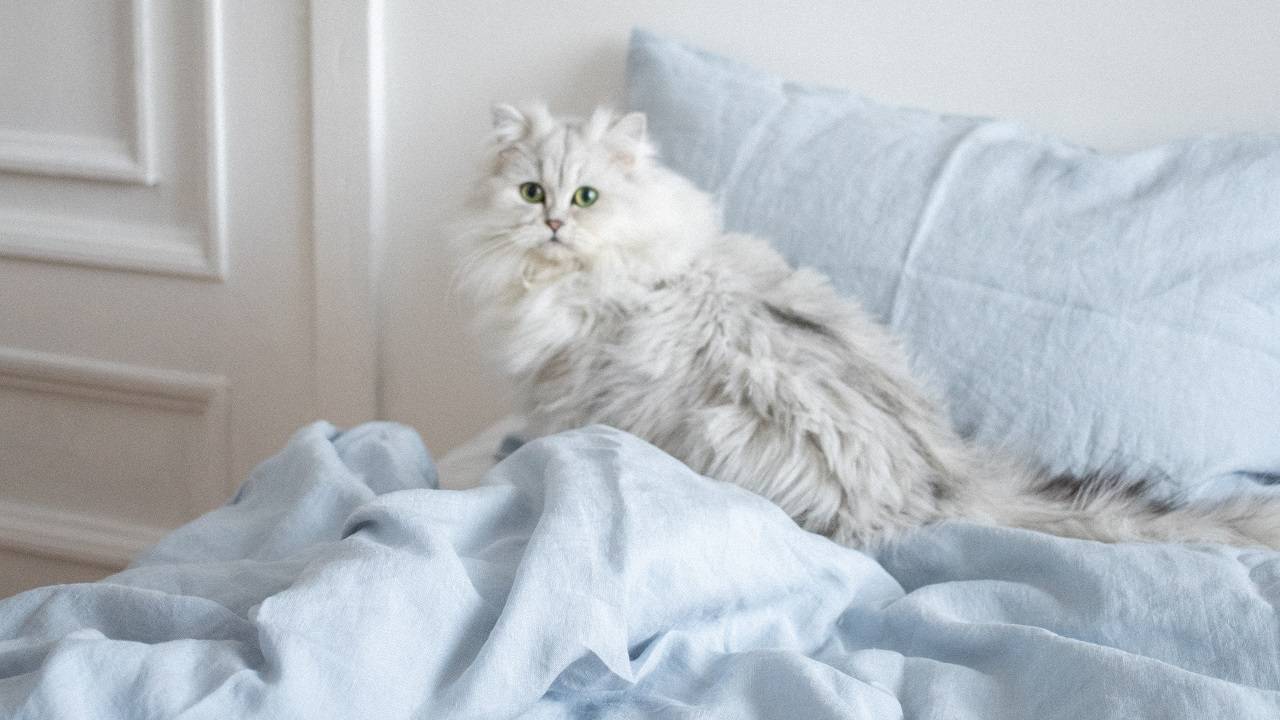
Persian cats are one of the most loved indoor pet animals across the globe with their luxurious, captivating personalities, they mesmerize everyone in the room. However, it is not easy to groom and take care of these majestic little creatures. Apart from feeding them the best treat every day, there is a lot that a cat requires. Knowing the right age of a Persian cat's mating is extremely important.
What is the Right Age of Mating Cat Male?
The right age for mating a male Persian cat is around 2 years. However, there are several signs that reflect whether they should be sent out to interact with a cat or not.
What is the Right Age of Mating Cat Female?
The right age for mating a female Persian cat is 10-12 months. It is not healthy before this.
There are signs which speak for both male and female Persian cats, these are listed below.
Instead, the age at which they can safely reproduce depends on their individual health and reproductive readiness. If you're eager to start a breeding program or just curious about your cat's readiness, consulting a veterinarian can provide valuable insights. They can perform hormone tests to determine if your Persian cat is indeed ready to enter the world of parenthood.
Persian Cat's Transformation: Signs That Your Cat Hit Adulthood
1. Behavior
Puberty often ushers in a period of restlessness. While other cat breeds might roam outdoors during this phase, Persian cats, often indoor-dwellers, struggle to stay calm indoors. Male cats, in particular, may become more aggressive, picking fights with fellow males in the household.
2. Meowing
Unusual vocalizations are another hallmark of Persian cat puberty. You might hear persistent and loud meowing, wailing, or howling, which typically continues until mating occurs or the queen's heat cycle concludes.
3. Licking Genitals
Female cats in heat experience increased blood flow to their vulva, leading to slight swelling and discomfort. This discomfort prompts them to lick the area more frequently. If your female Persian cat displays excessive genital licking without other signs of puberty, consult a vet to rule out potential infections.
4. Affection
While Persian cats are known for their affectionate nature, their level of amorous attention tends to surge during puberty. They may rub against you, furniture, or objects more frequently and engage in head-butting as a way of expressing their intentions to potential mates.
5. Spraying Urine on Cats
Both male and female cats entering puberty often engage in urine spraying as a means of communication with other cats. This behavior is typical and serves as a natural way for them to interact and convey their readiness for mating.
6. Not Taking Food
A noticeable loss of appetite can be another sign of reaching puberty. Instead of focusing on nourishment, the primary instinct of female cats during this phase shifts toward mating. If this behavior persists beyond the typical two-week period, consult with a vet to rule out underlying health issues.
It's essential to remember that these changes are a normal part of a Persian cat's development. Suppressing these behaviors is not recommended. However, if you wish to prevent unwanted pregnancies, consulting with a veterinarian is crucial to exploring the best practices for contraception.
















